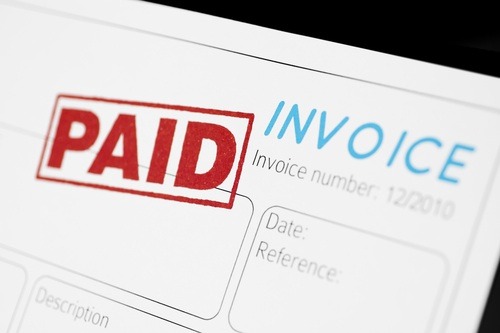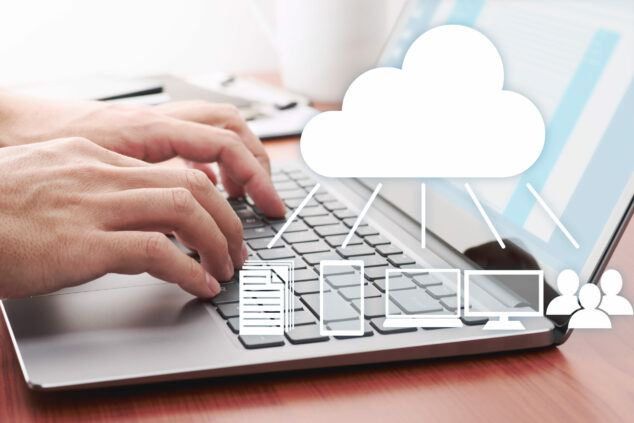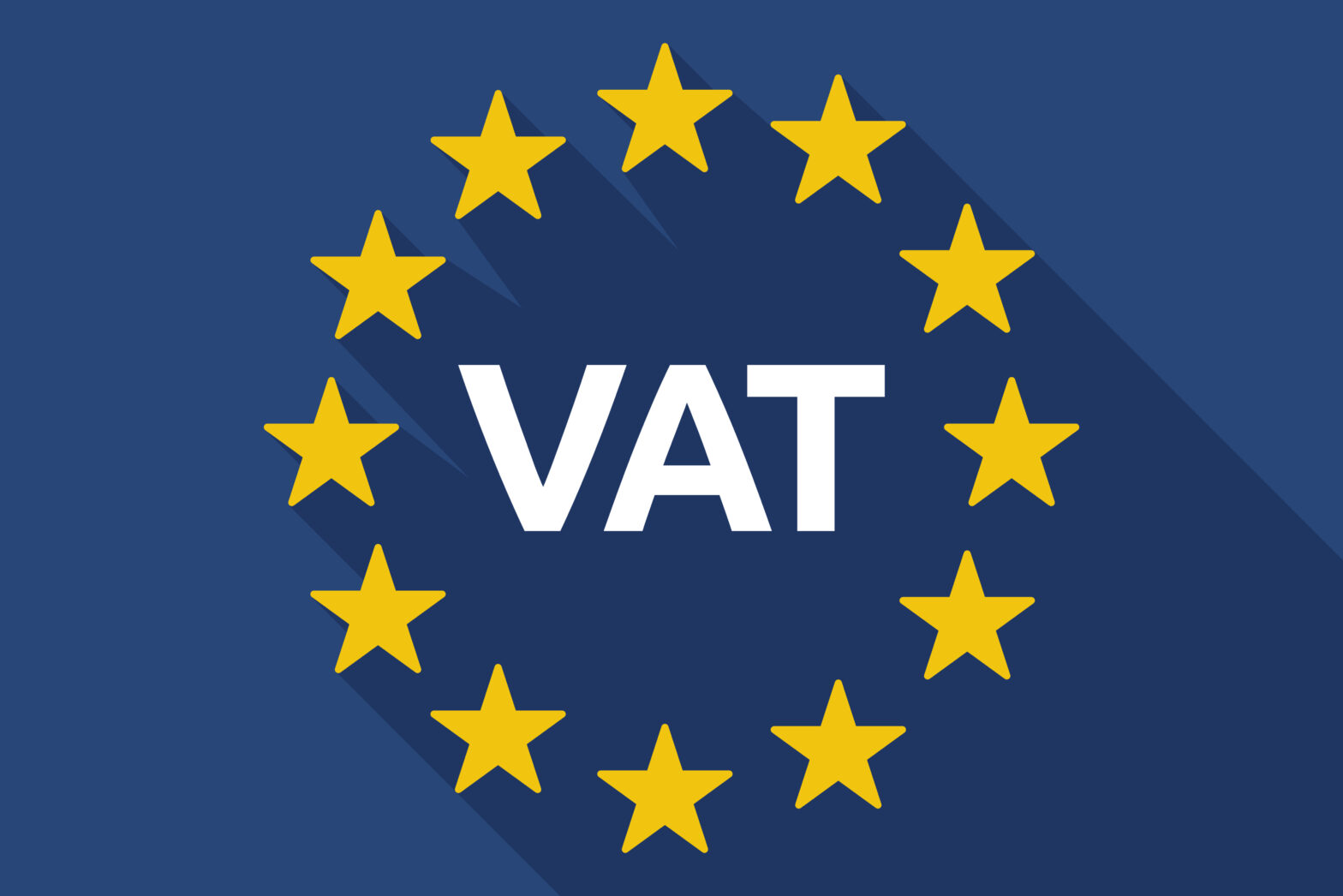As a small business owner you clearly love your business and what it does, otherwise you wouldn’t be in business. But at some point you will want your customers to pay for your products or services.
So how can you make sure this money comes in when it should?
Invoice promptly
Don’t be embarrassed about sending invoices to your customers – they don’t expect you to work for nothing. However, it’s a good idea to make sure you send your invoices regularly, perhaps by setting aside a regular time every week to dedicate to keeping on top your invoicing. If you’re using an online accounting system, you may also be able to make use of some additional time-saving features like recurring invoice profiles and automatic invoice e-mails, which could help speed up your invoicing.
In addition, look at how you date your invoices. If you’re registered for VAT, and invoice accounting, dating your invoices the first of a new month rather than the last of the previous month can defer your VAT for three months on to the next return!
For example, if you’re preparing your VAT returns to March, June, September and December each year, and you’re invoice accounting, an invoice dated 31 June will go on your 31 June VAT return, but if that invoice is dated 1 July, it will go on the 30 September VAT return, deferring the VAT payment for three months!
Get your VAT right
If you sell your products or services abroad, or if you’re in the process of registering for VAT, be particularly careful with your VAT invoices.
For example, you may be able to zero-rate some sales of goods outside the UK, and if you’re selling services to business customers who belong in the EU, these sales could be outside the scope of UK VAT.
If you’re in the process of registering for VAT, remember that you’ll have to charge VAT on all your sales made after your registration date. HMRC recommends that you increase your prices by 20 per cent from this date to allow for this. If you don’t, but instead send your customers a ‘VAT-only invoice’ at a later date, HMRC can’t confirm that your customer would actually have to pay this invoice!
Make sure that you ask for, and receive, the right amount of money from your customers, and ensure you pay the correct amount of tax to HMRC in order to avoid fines and interest charges.
Put bank details on your invoices
You’ll have the cash a lot earlier if your customers pay you online than if they send you a cheque which you then have to remember to take to the bank.
Put your bank account name, account number and sort code on your invoices, then your customers will be easily able to pay you online. Or, if you’re using an online accounting system to send your invoices, could you add a payment link to a service like GoCardless or PayPal, giving your customers an even easier way to pay you?
Finally, have you considered whether you should stop accepting payment by cheque? This not only involves a lot of extra paperwork and admin, but cheques can bounce!
Invoice in your customer’s currency
If you’re selling to customers outside the UK, how easy is it for them to pay you in £ sterling? Might they incur charges from their bank if they have to do that – and could that put them off buying from you again?
And remember to make it easy for your customers to pay you by invoicing them in their own currency.
Use automatic reminders
Once you’ve made sure the VAT is right, put your bank details on, and issued the invoice to your customer – check that they pay it!
Credit control (which is accounting-speak for chasing your customers for payment), is time-consuming if you have to ring round everyone who is late paying you. Consider instead using automatic invoice reminders, or use a free online invoicing tool which will send you an email once the payment deadline on your invoice has passed, to remind you to chase up late payers.
It’s important to make sure your customers pay you for the work you’ve done, and following these tips should help you collect your dues more easily!





